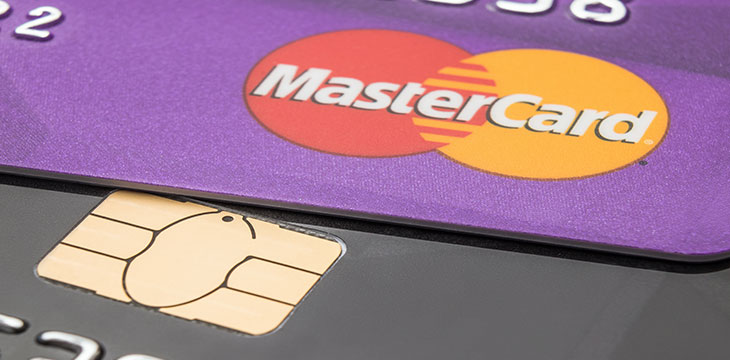|
Getting your Trinity Audio player ready...
|
The payments conglomerate Mastercard is looking to enter the crypto space in a big way as it adds new nodes to its blockchain network. This was revealed in a patent application filed last Thursday with the U.S. Patent and Trademarks Office. Before long, cryptocurrencies could become a valid method of payment on Mastercard cards.
The application describes a method which nodes can use to connect with and validate the content of a particular blockchain. The goal, according to Mastercard, is to boost the speed at which the nodes can get up to date. These nodes can also store a copy of the blockchain network’s transaction history.
Mastercard initially filed the application way back in October 2016. The application further clarifies that a blockchain can store thousands, millions or billions of transactions over a period of time in a huge number of different blocks. Additionally, the blockchain can in itself contain thousands, millions or billions of blocks. Each of these must be verified by the new node before the generation and addition of new blocks to the blockchain. Complex perhaps, but this statement demonstrates the commitment of Mastercard to blockchain technology.
Mastercard goes on to describe the patent application in greater detail:
“The verification of such a large number of blocks may take a significant amount of time, during which new blocks may be added to the blockchain, further delaying the ability for the new node to participate … Thus, there is a need for a technical solution to increase the speed at which a blockchain may be navigated for verification thereof, which can thereby reduce the time required for a new node to begin participating in the blockchain.”
For this to happen, the proposed system should include what are termed as ‘fast track flags’ that are included in block headers. According to Mastercard, these nodes would be able to use those flags to scan the blockchain’s contents much faster. The filing also proposed the use of a specially configured blockchain that should act as a software counterpart to the aforementioned notes and help remove inefficiency.

 02-24-2026
02-24-2026 




